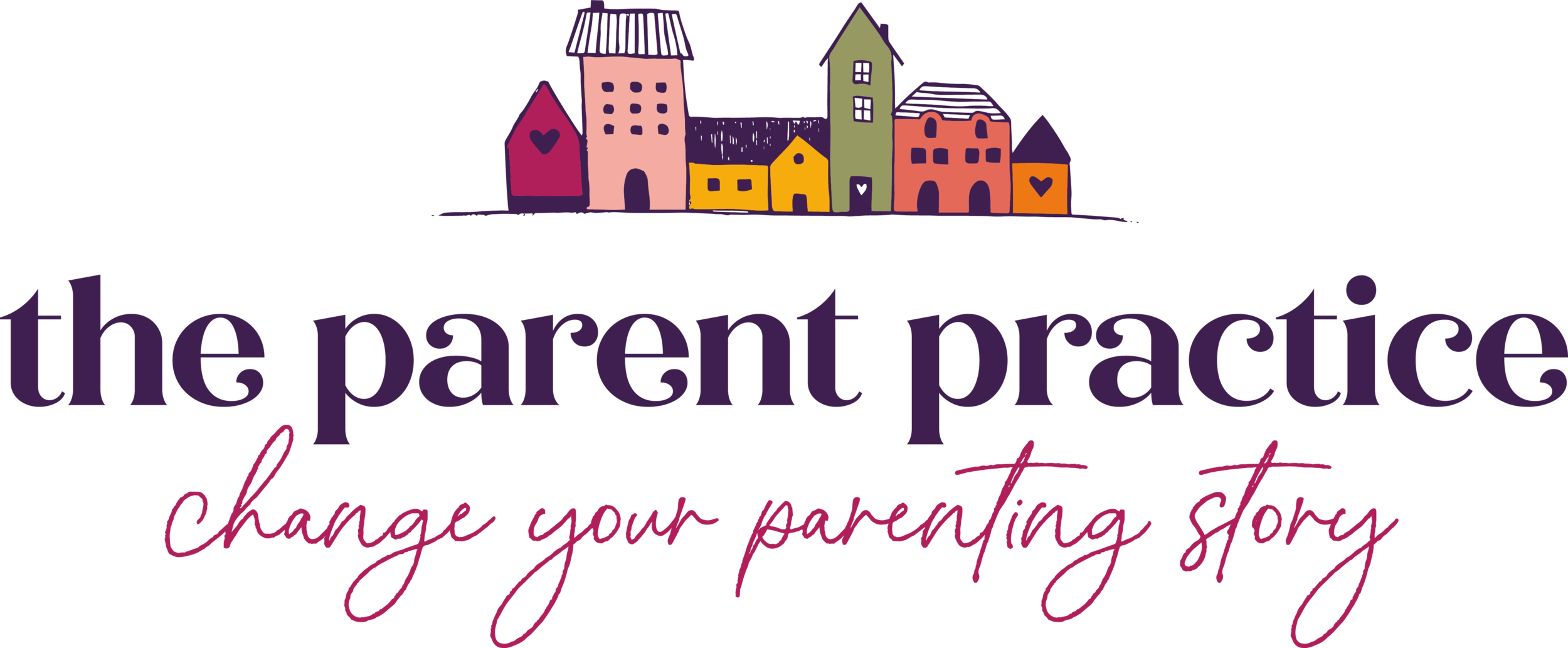Is an ADHD diagnosis helpful or a hinderance?
ADHD Diagnosis
I was prompted to write this blog post following Prince Harry’s interview with Dr Gabor Mate at the weekend. In the interview, Mate claims that ADHD is a trauma response that can be cured, rather than a lifelong neurodivergence that needs to be managed. I understand many of the symptoms of trauma can present as similar to ADHD behaviour, and therein lies the confusion. However, what is indisputable is that Harry received his first diagnosis of ADD* on live TV, aged 38, and ethics aside, this may have left Harry feeling even more confused! ( *ADD is an outdated term and no longer a medical diagnosis, though it is often still used to refer to a certain subset of symptoms that fall under the umbrella term, ADHD.)
I’m left wondering if the outcomes would have been different, if those significant adults in Harry’s life had been more curious about his cognitive profile, his behaviour and his neurology.
I hear from many parents who say they don’t want to label their child, and so they delay getting an assessment and diagnosis, but the ramifications of this can be huge, as it almost always impacts the child further in their life.
I believe early intervention is always best.
The potential impact of a delayed diagnosis on a child’s development can be considerable. The benefits of an early diagnosis can include obtaining more specialised support in education and being granted access arrangements like extra time, use of a laptop, and even readers and scribes in exams. Delay can impact on self esteem and confidence, and contribute to huge family stress. A child's challenges can be misinterpreted as behavioural issues, and I’ve even heard some blame the parents ( never an effective strategy) and ultimately this can lead to children being excluded from school, which is where my story began as a parenting coach, after our son had been excluded from three schools in so many years at the tender age of seven. As a family we were in crisis.
A delayed diagnosis may also result in other mental health conditions actually arising or conditions going undiagnosed. In children a lack of understanding and support may increase the chances of having major friendship difficulties and feeling different to others. That was the theme throughout Harry’s interview:
“I certainly have felt throughout my life, from my younger years, that I always felt slightly different to the rest of my family.”
You see all behaviour has a cause, and the tragedy is the signs are always there, if you know what to look out for
Is there a disconnect between IQ and performance ?
Do teachers report they are distracted or lacking in focus in class?
Do you think your child is lazy and unmotivated, often forgetting to hand in homework
Do they struggle to organise themselves and lack executive functioning?
Do they procrastinate and struggle to get started?
ADHD is a neurological condition, but it’s super confusing as the name implies there is a deficit of attention, whereas the reality is that there can be too much attention with a hyper focus on certain things.
This very much goes unnoticed and sadly misunderstood by so many.
Any delay in diagnosis can impact hugely on self esteem and confidence, cause relationship issues, and often children can become demotivated learners.
I love the analogy made by Dr Ned Halliwell, who says the ADHD brain is like a Ferrari engine but with bicycle brakes. That sums up beautifully the potential that exists. Another helpful analogy is the ADHD brain is like the Niagara Falls, a huge powerful force of water and mist that some classify as the 8th Wonder of the World, but if you placed a hydro electric plant by the falls, then it could power up half of Canada.
So once you know how to strengthen the brakes, and put the right oil in the engine, then the magic of the ADHD brain can be unleashed. My new Good Parenting Made Simple online course gives you a toolkit of skills that work beautifully on the ADHD brain:
Strong self worth and motivation, by knowing how to connect and communicate with your child
Structure, in the form of rules and routines, as children thrive on clear consistent boundaries
A good dose of fun,novelty and adventure.
Parents, I urge you to be curious, and to be behaviour detectives. Why?
Because Knowledge is Power.
And with that understanding of how your child’s brain works, then you can unlock their immense potential, and secure a bright future for them, where they will be working in their own zone of genius.
Elaine Halligan, author of My Child’s Different, How positive parenting can unlock potential in children with ADHD and dyslexia

